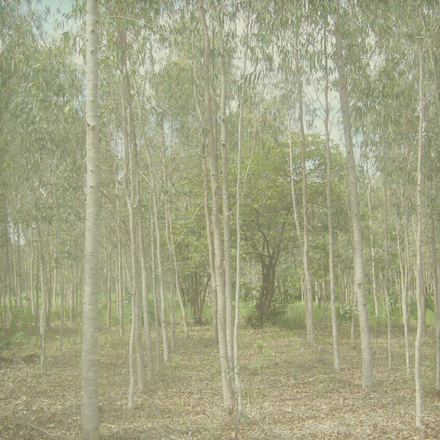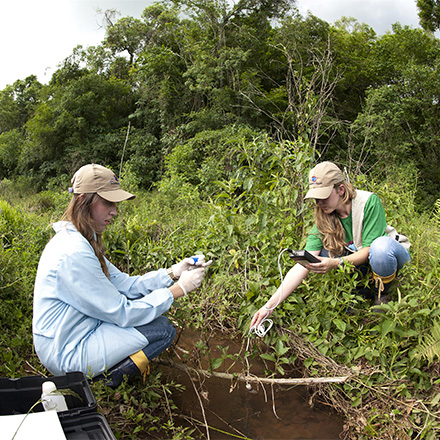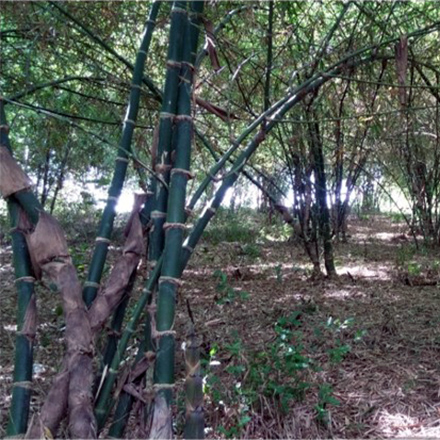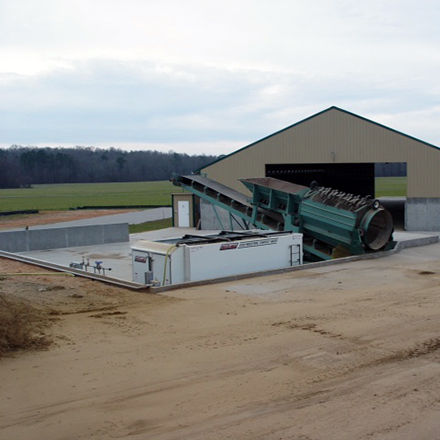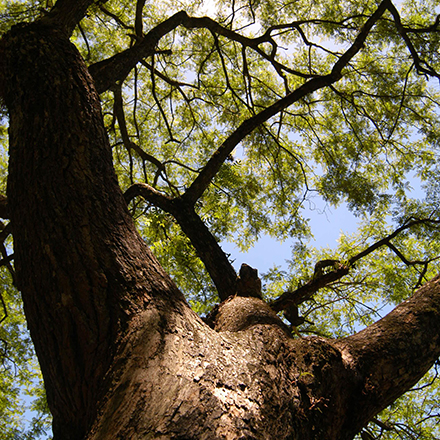One of our most successful public service initiatives to date is Project Water Guardian in Vera Cruz, the heart of Brazil's tobacco-producing region. We partnered with the Altadis Foundation (a nonprofit organization owned by Imperial Tobacco) to improve the area's water quality.
The results turned out to be better than we expected. Not only did water quality drastically improve, but the program was so successful that the local government is taking over the project and will continue to fund it for the foreseeable future.
Bamboo is the single most important non-timber forest product in the Philippines. This raw material is used for a range of goods and many industries, including agriculture, construction, fisheries, furniture, and handicrafts. Bamboo also has provides environmental value, as it offers vegetative cover for deforested areas; soil erosion control and riverbank stabilization; carbon sequestration; nutrient and hydrologic cycle; and biodiversity conservation. Bamboo is important to farmers in the Philippines as it used for framing materials in barn construction.




